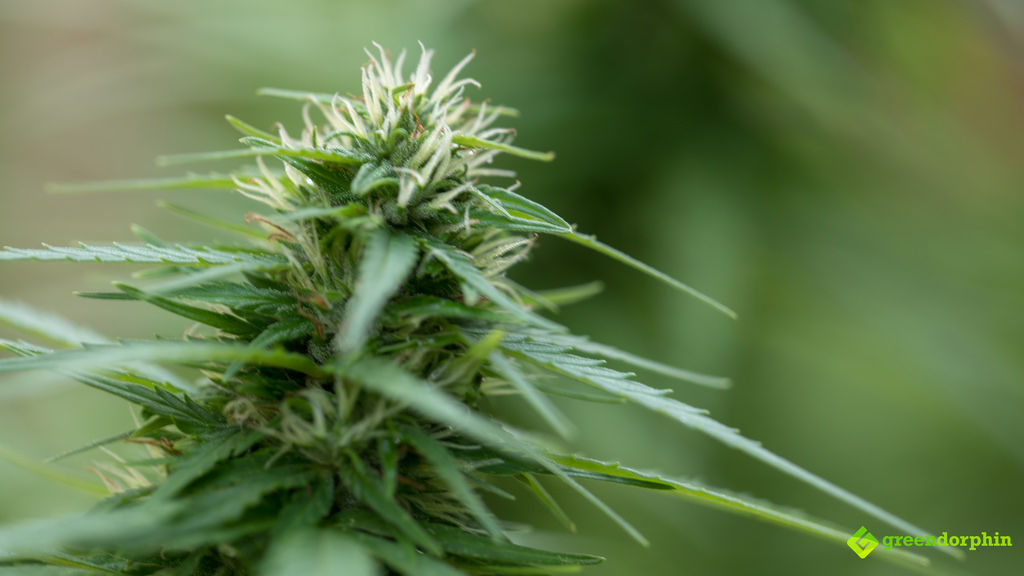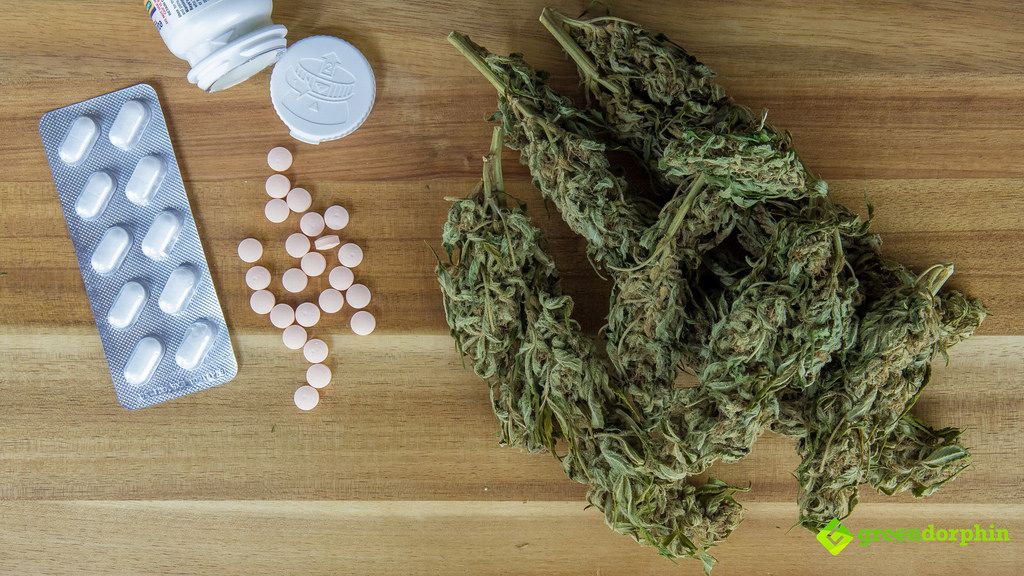Various people have various beliefs about drug addiction as some people think drug addiction is a disease to heal.
Whereas, some people think it is a habit. However, the people who are habitual of consuming a substance, generally, see their lives coming to a stall.
So, to cure this addiction, various people opt for multiple treatments, and medical marijuana is one of them. Though marijuana is illegal in many states; however, patients use medical marijuana to treat the untreatable.

Research also proves medical marijuana is impactful in treating drug addictions such as addiction to alcohol and opioid substances because cannabis does not direct to any physical dependency.
Hence, cannabis is superior to other drugs. Now the question is that how impactful is medical marijuana in curing drug addictions. To put a light on this, below are some valuable reasons for marijuana:
Lack of Dependency in Marijuana
Scientifically, physicians and patients know medical marijuana for reducing chronic pains.
Therefore, patients use this plant to treat their medical conditions and the side effects of opioids such as nausea.
Also, the patients who use medical cannabis reported that they reduced their opioid dose and substituted the drug entirely. Moreover, if you look at the medical history, you will find even in ancient times, doctors used to recommend marijuana for instant relief of pain, and psychological disorders.

Nowadays pain is the core reason to seek pain-relieving alternatives.
Therefore, doctors prefer prescribing readily available opioid substances including heroin to their patients. However, they recommend the consumption of these medicines only for a shorter period, but some patients end up taking them without the prescription of a physician.
Whereas, some consume a larger quantity than prescribed which in turn make these patients have a tolerance to the pain-relieving effects.
Also, with the increase in the dosage, patients end up developing a dependency on the drug for pain relief.
Marijuana is also a schedule-1 drug; however, research shows cannabis does not contain any habit-forming properties. So, there is a lack of dependency on marijuana.
Marijuana a Substitute for Hard Drugs
In the recent studies, methamphetamine users admitted the use of marijuana gave them mindfulness resulting in the patients chose to sleep instead of taking meth.
Studies also show this plant can serve as an alternative to other hard substances such as alcohol, tobacco, and opioids.
For instance, patients addicted to alcohol and drugs confessed medical cannabis had manageable symptoms, unlike alcohol, tobacco, and opiates. Also, studies did not show signs of drug addiction and dependability by users.

Moreover, injection of Tetrahydrocannabinol (THC) assisted the users in eliminating dependency on the hard drug substances, boosted mindfulness, and put the patients in a position to evaluate their lives.
So, the drug addicts who opted cannabis as a treatment option showed faster recovery.
Also, the government observed a decrease in the number of deaths when patients consumed medical marijuana in comparison to hard drugs. Thus medical cannabis is an adequate substitute for the hard drugs and alcohol.
Marijuana Helps Patients in Withdrawal Stages of Hard Drugs
As medical marijuana is well-known to treat medical conditions such as sleep, appetite, nausea, psychological disorders, and many more.
So, during the withdrawal of hard drugs such as heroin, doctors highly recommend medical cannabis to their patients to cope up with symptoms such as nausea, trembling, lack of sleep and many more.
This process is a movement from one drug with harmful effects to the one which does not have habit-forming properties. However, for some people the method of switching is unreliable.
In reality, when patients started consuming marijuana during the withdrawal stage, the chances of retrogressing to hard drug use were minimal.
Also, research has proven medical marijuana beneficial for containing psychoactive properties. Moreover, with a lack of relapse, drug addiction reduces.
However, the reason why the majority of users fall back is the severe withdrawals. Though withdrawals can be either painful, uncomfortable, or both to the users, but medical cannabis is useful in both drug addiction and drug withdrawal treatment.
Moreover, medical marijuana does not contain any withdrawal symptoms if the patients use it responsibly and conservatively.
To conclude, presently, several states have decriminalized and legalized medical marijuana for the treatment of many diseases such as cancer, anxiety, eye illness, psychological disorders, and many more.
However, because the federal government considers marijuana a schedule-1 drug, it has created a barrier which limits further research on the full potential and capabilities of this drug.
Despite this, people appreciate the benefits they gained through the use of medical cannabis, and interestingly, look forward to the implementation of recreational marijuana use.
- How Effective Is Medical Marijuana in Curing Drug Addiction - September 18, 2018


